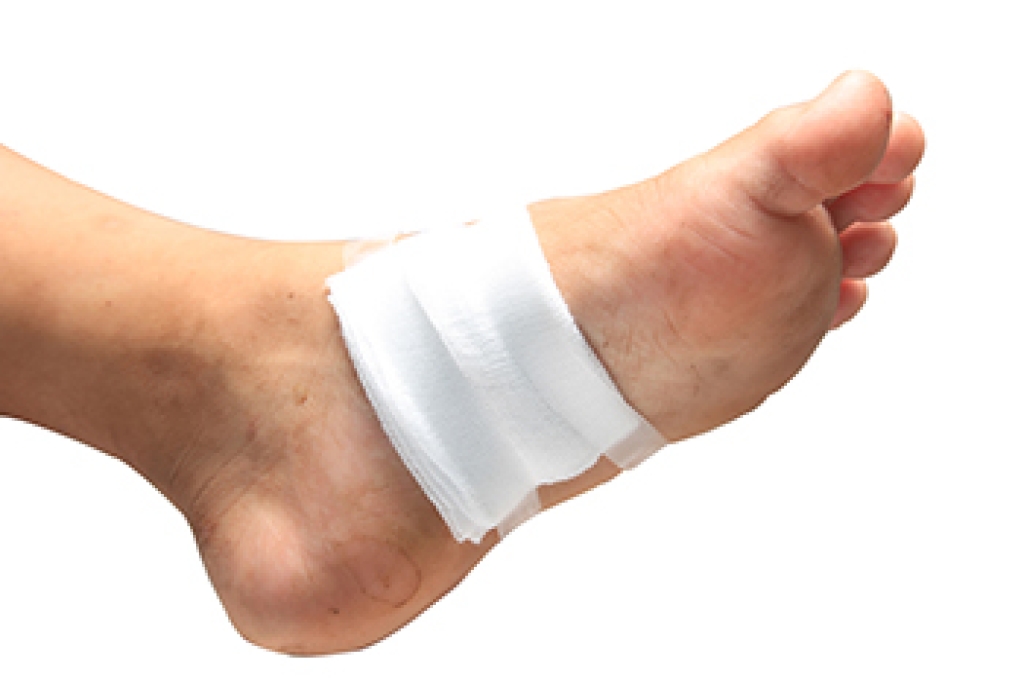
Diabetic foot wounds can be stubborn and difficult to heal, often requiring more than standard dressings and rest. Advances in care have introduced therapies that improve circulation, encourage new tissue growth, and reduce infection risk. Hyperbaric oxygen therapy is one option that supplies extra oxygen to the tissues, helping speed up repair. Negative pressure wound therapy uses gentle suction to remove fluids and promote blood flow. Skin substitutes and growth factor treatments can also stimulate healing when traditional methods fall short. Each therapy is chosen based on the severity of the wound and the overall health of the patient. The goal is always to restore mobility, prevent infection, and avoid complications that could lead to surgery. If you are living with a complex diabetic foot wound, it is suggested that you schedule a visit with a podiatrist to discuss the best treatment plan for you.
Wound care is an important part in dealing with diabetes. If you have diabetes and a foot wound or would like more information about wound care for diabetics, consult with one of our podiatrists from Granite State Podiatry Associates. Our doctors will assess your condition and provide you with quality foot and ankle treatment.
What Is Wound Care?
Wound care is the practice of taking proper care of a wound. This can range from the smallest to the largest of wounds. While everyone can benefit from proper wound care, it is much more important for diabetics. Diabetics often suffer from poor blood circulation which causes wounds to heal much slower than they would in a non-diabetic.
What Is the Importance of Wound Care?
While it may not seem apparent with small ulcers on the foot, for diabetics, any size ulcer can become infected. Diabetics often also suffer from neuropathy, or nerve loss. This means they might not even feel when they have an ulcer on their foot. If the wound becomes severely infected, amputation may be necessary. Therefore, it is of the upmost importance to properly care for any and all foot wounds.
How to Care for Wounds
The best way to care for foot wounds is to prevent them. For diabetics, this means daily inspections of the feet for any signs of abnormalities or ulcers. It is also recommended to see a podiatrist several times a year for a foot inspection. If you do have an ulcer, run the wound under water to clear dirt from the wound; then apply antibiotic ointment to the wound and cover with a bandage. Bandages should be changed daily and keeping pressure off the wound is smart. It is advised to see a podiatrist, who can keep an eye on it.
If you have any questions please contact our offices located in Manchester and Bedford, NH . We offer the newest diagnostic and treatment technologies for all your foot and ankle needs.
